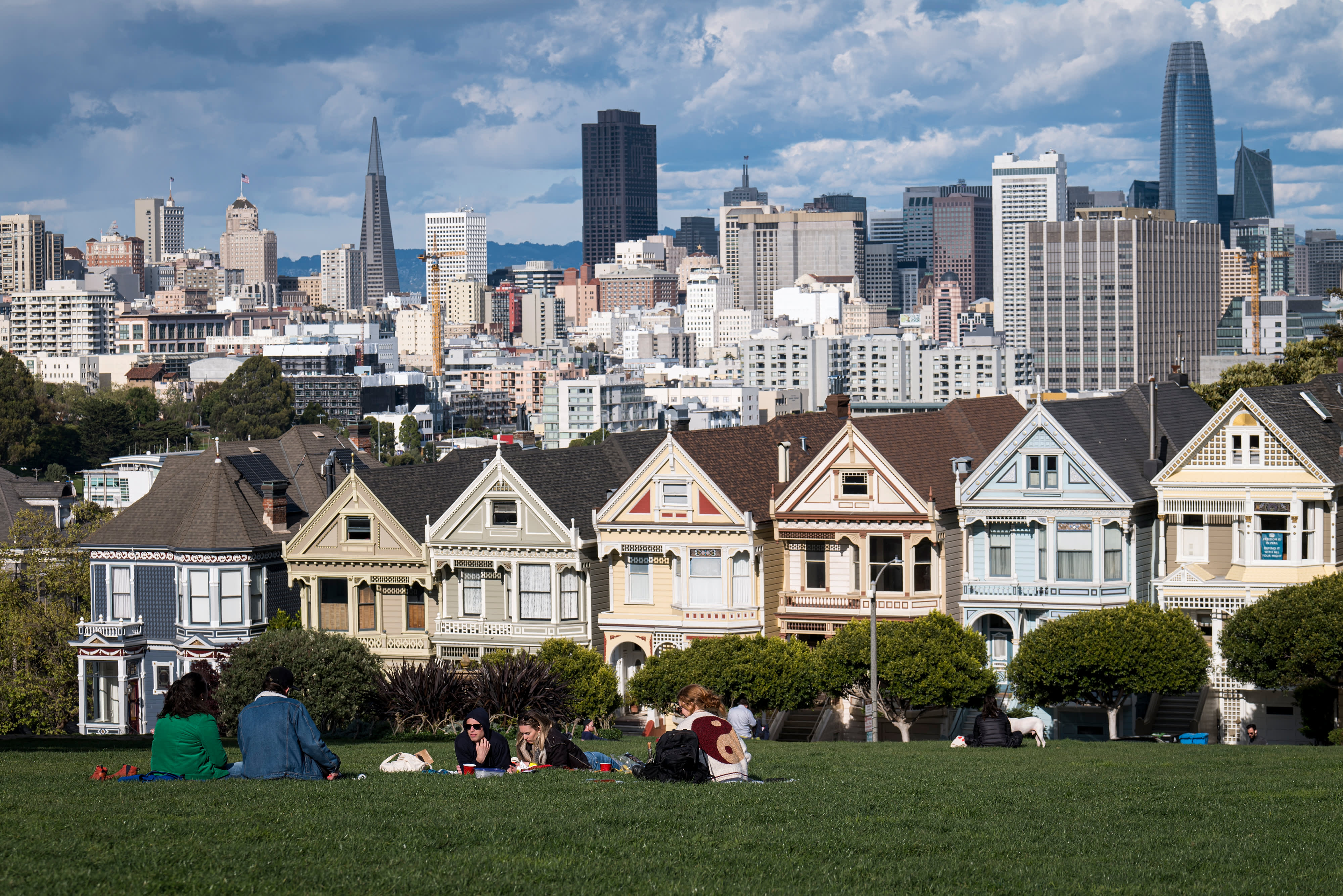EDITOR'S NOTE
Another facet of modern American life that the coronavirus has laid bare: just how precarious a situation families with two working parents (or single working parents) are in.
Towns in our area have seen a rash of protests by parents who are begging the schools to open. The lead story in the local paper yesterday? "A childcare crisis is looming in New Jersey [with] working parents scrambling to find a place for their children." It's not just the loss of school-day attendance; it's the after-school programs many parents also relied on that won't be available this fall.
"Last year almost killed me," one working mom said. "There is no real way for me to continue working and keep up with the demands of my daughter's remote learning." That's true even for parents with the ability to work from home. "I am in meetings almost eight hours a day," said another mom. "I can't provide the support [my son] needs, even if I work from home."
We spoke to Barron's reporter Lisa Beilfuss about this on the show yesterday. She worked out that the absence of public schools this year could cost the U.S. economy north of $700 billion. Part of that is the loss of retail sales, school lunches, and even trash collection; but the biggest chunk, of roughly $500 billion over the school year, is lost work productivity from parents having to do more childcare.
Already, around a million people in the U.S. are no longer working because of childcare problems, according to the Labor Dept. "The pandemic could scar a generation of working mothers," The New York Times warned in June.
It reminds me of "The Two-Income Trap," the book that none other than Elizabeth Warren and her daughter wrote back in 2004. They warned that two incomes don't necessarily leave families better off, and may actually increase their vulnerability to major financial setbacks. How many families today--even well-off families--with both parents working are realizing they are more vulnerable to the loss of a job or childcare than they previously thought?
These reflections are all part of what I wrote about last week; that plenty of people are reconsidering whether their pre-Covid lifestyles made sense and are sustainable. Work-from-home, school-from-anywhere opens up a lot of new possibilities for families. I suspect it might even help lower-income families the most in the long run, although they're hardest hit right now.
Employers (like my own, which just yesterday boosted its leave policy for childcare and is covering more babysitting costs) should absolutely be applauded for being as generous and flexible as possible on this problem. But I do wonder if the era of both parents working full-time away from home while the kids are gone all day has been permanently unraveled by the pandemic.
See you at 1 p.m.!
Kelly
KEY STORIES
IN CASE YOU MISSED IT
| ||||||||||||||||||||||||||||||||||||||||||||||||||||||||||||||||||||||||||||||||||||||||||||||||||||||||||||||||||||||||||||||||||||||||||||||||||||||||||||||||||||||||||||||||||||
Selasa, 25 Agustus 2020
America's childcare crisis
Langganan:
Posting Komentar (Atom)






Tidak ada komentar:
Posting Komentar